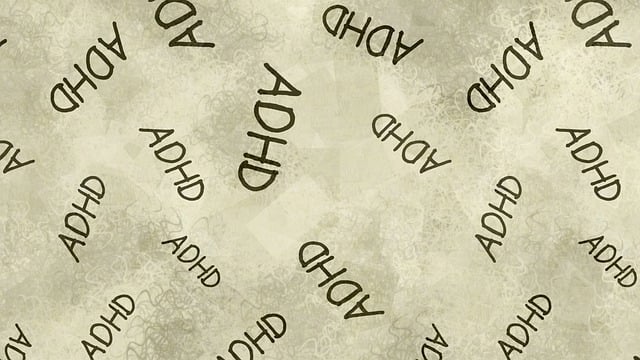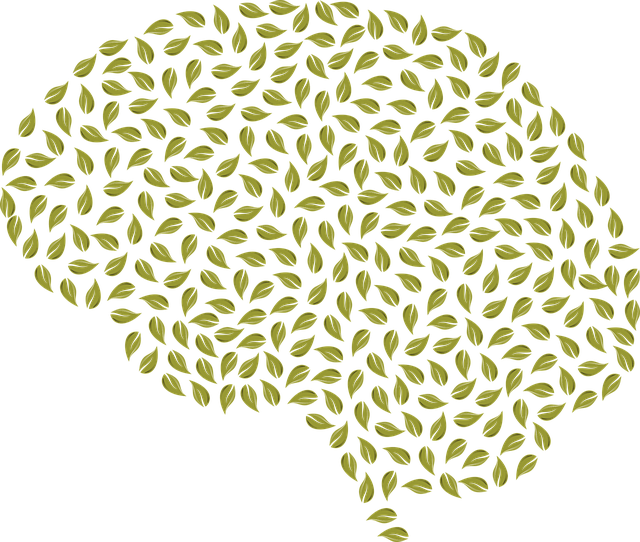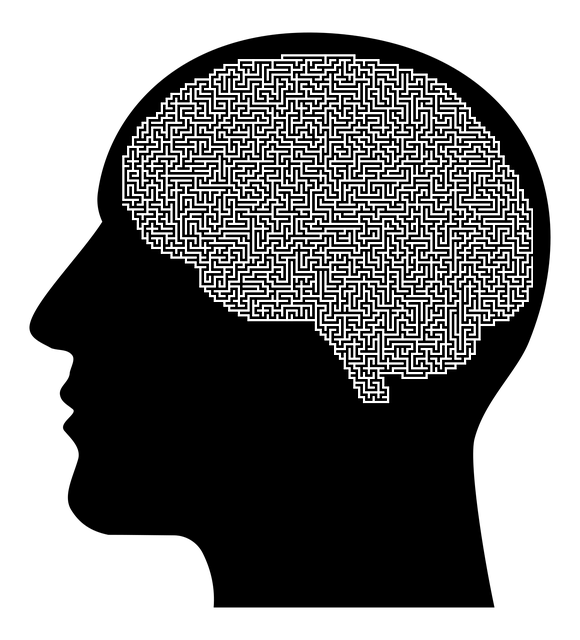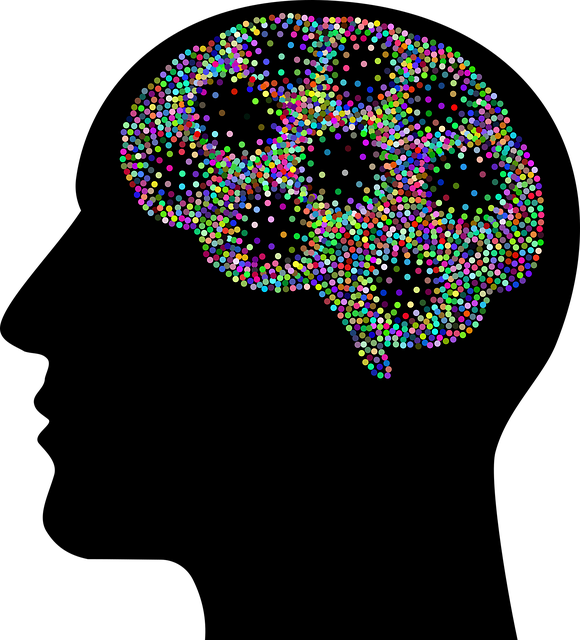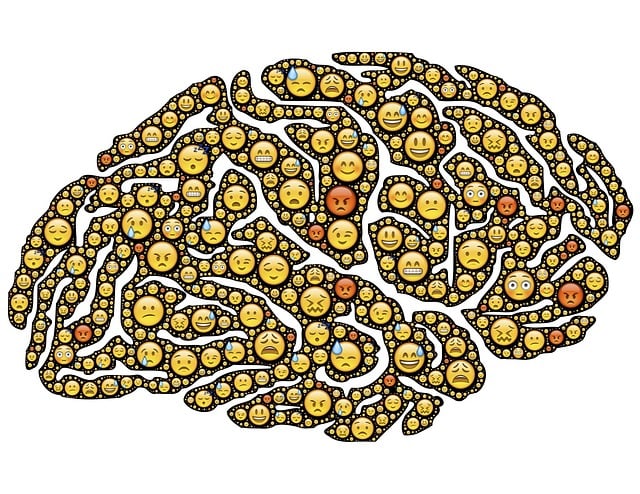Mental wellness groups in Longmont provide a supportive community for individuals with ADD/ADHD, offering open discussions, workshops, and training to enhance resilience, emotional well-being, and coping strategies. Backed by professionals, these groups facilitate Longmont ADD-ADHD Evaluations Therapy, preventing burnout, and empowering participants to manage their conditions through self-regulation tools, improved focus, and stress management. Through interactive activities, active listening, and open communication, facilitators foster a supportive environment, enhancing therapeutic outcomes and mental health for individuals navigating ADD/ADHD in Longmont.
Mental wellness groups offer a powerful support system for individuals navigating mental health challenges, particularly those with Attention Deficit Disorder (ADD) or Attention Deficit Hyperactivity Disorder (ADHD). This article explores effective facilitation techniques to enhance the benefits of these groups, focusing on Longmont ADD-ADHD evaluations and therapy. We’ll delve into creating safe spaces, encouraging active participation, tailored strategies for ADHD symptoms, mindfulness practices, leveraging technology, and maintaining group momentum to foster sustainable progress.
- Understanding Mental Wellness Groups and Their Benefits
- – Definition of mental wellness groups
- – Advantages of group facilitation for individuals with ADD/ADHD
- Effective Group Facilitation Techniques
Understanding Mental Wellness Groups and Their Benefits

Mental wellness groups offer a supportive environment for individuals to connect and share experiences, fostering a sense of community. These groups facilitate open discussions about mental health challenges, providing a safe space where members can gain valuable insights and coping strategies. In Longmont, ADD-ADHD evaluations and therapy are readily available as part of this broader mental wellness framework.
Participating in such groups offers numerous benefits. They promote peer support and understanding, enabling members to learn from one another’s journeys. Additionally, these gatherings encourage the development of essential skills like stress management workshops organization, mental wellness journaling exercises, and even social skills training. By engaging in these activities, individuals can enhance their resilience, improve emotional well-being, and build lasting connections with peers facing similar challenges.
– Definition of mental wellness groups

Mental wellness groups are supportive communities where individuals with shared experiences or similar mental health challenges gather to foster a sense of belonging and improvement in their well-being. These groups, often facilitated by trained professionals like those specializing in Longmont ADD-ADHD Evaluations and Therapy, provide a safe space for open discussions, education on mental health, and the exchange of coping strategies. The design of these sessions typically involves interactive mental health education programs that equip members with valuable knowledge about their conditions, along with communication strategies to enhance interpersonal connections and understanding.
Moreover, facilitators employ various techniques, including burnout prevention strategies for healthcare providers, to ensure the group’s environment is nurturing and constructive. By combining these elements, mental wellness groups aim to empower participants, offering them tools to manage their mental health effectively while fostering resilience and a supportive network.
– Advantages of group facilitation for individuals with ADD/ADHD

Group facilitation offers numerous benefits for individuals with Attention Deficit Disorder (ADD) or Attention Deficit Hyperactivity Disorder (ADHD). In a supportive group setting, participants can connect with peers facing similar challenges, fostering a sense of community and understanding. This shared experience is particularly advantageous for those navigating the complexities of ADD/ADHD, as it helps reduce feelings of isolation. Through group therapy sessions in Longmont, individuals can engage in open discussions about their struggles and triumphs, learning from one another’s strategies for managing symptoms.
The Mind Over Matter Principles often emerge naturally in such groups, as members encourage each other to develop inner strength and coping skills. This collective approach enhances the therapeutic process, allowing participants to acquire valuable tools for self-regulation, focus improvement, and stress management. By participating in group facilitation, individuals with ADD/ADHD can build resilience, gain new perspectives, and discover effective ways to manage their symptoms, ultimately improving their overall mental wellness.
Effective Group Facilitation Techniques

Effective group facilitation techniques are essential for creating a supportive environment that fosters mental wellness and encourages open communication. In a setting like Longmont ADD-ADHD evaluations therapy, facilitators must adapt their approach to accommodate diverse needs while promoting active participation from all members. One powerful technique is active listening, where the facilitator shows genuine interest in each individual’s experiences, ensuring every voice is heard without judgment. This not only boosts self-esteem but also encourages a sense of community and understanding.
Additionally, incorporating interactive activities tailored for stress management and depression prevention can significantly enhance group dynamics. Public awareness campaigns development strategies, such as icebreakers or collaborative problem-solving exercises, help build trust and facilitate meaningful connections among participants. By integrating these techniques, facilitators can create a safe space that enables members to share their struggles, offer support, and learn from one another, ultimately contributing to improved mental health outcomes in Longmont ADD-ADHD evaluations therapy settings.
Mental wellness groups, particularly those tailored for individuals with ADD/ADHD in Longmont, offer a supportive environment for processing emotions and gaining insights. Through effective group facilitation techniques, participants can enhance their coping skills, build resilience, and foster social connections. By combining education, peer support, and structured activities, these groups empower members to navigate challenges more effectively, ultimately improving overall mental wellness. This collaborative approach, coupled with professional Longmont ADD-ADHD evaluations and therapy, paves the way for personal growth and a brighter outlook on life.

